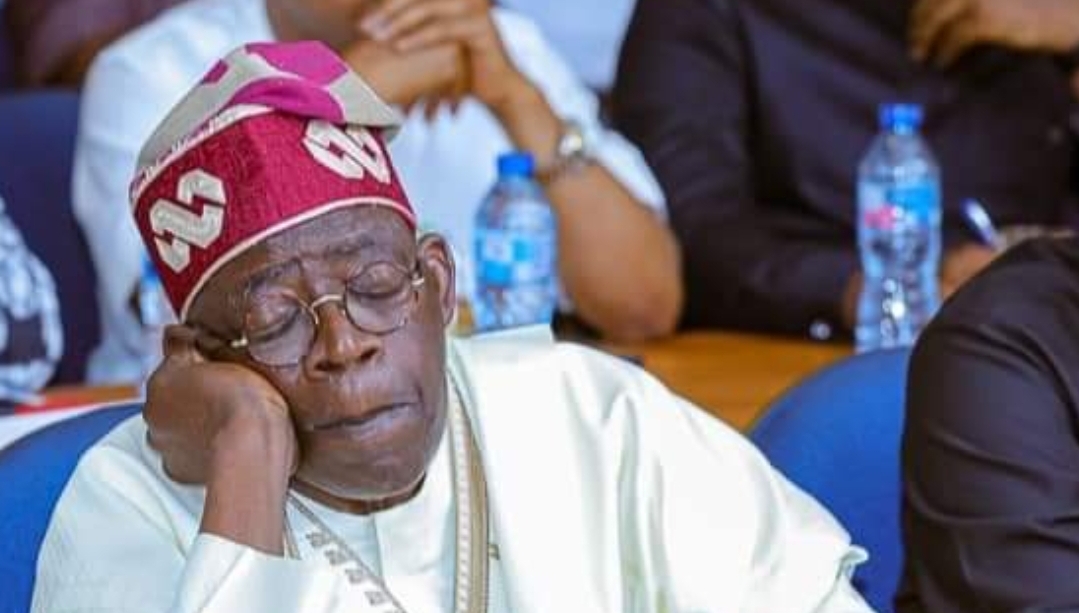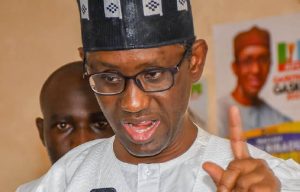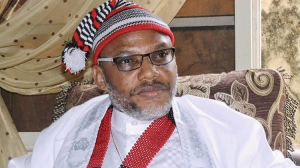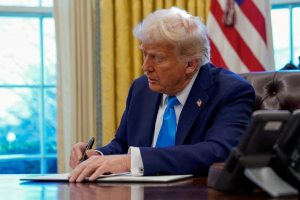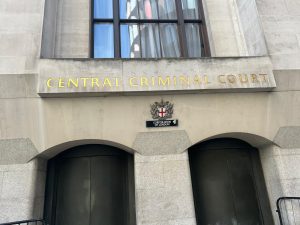Lagos, 11 October 2025 – President Bola Ahmed Tinubu has extended presidential pardons and clemency to 175 convicts and former convicts, including high-profile figures such as environmental activist Ken Saro-Wiwa and the other members of the Ogoni Nine, in a move described as addressing historical injustices and rewarding remorseful behaviour.
The decision, announced in a State House press release, encompasses a diverse group ranging from illegal miners and drug offenders to white-collar criminals and those convicted of capital offences. Among the beneficiaries are posthumous pardons for Saro-Wiwa and his eight associates, who were executed in 1995 for murder amid widespread international condemnation. The release also highlights the honouring of the victims of the Ogoni Nine case: Chief Albert Badey, Chief Edward Kobaru, Chief Samuel Orage, and Chief Theophilus Orage.
Other notable posthumous pardons include Major-General Mamman Jiya Vatsa, executed in 1986 for an alleged coup plot, and Sir Herbert Macaulay, a pioneering Nigerian nationalist convicted by British colonial authorities in 1913 for misappropriation of funds. The press release emphasised that President Tinubu’s action corrects “the historic injustice committed by British colonialists” against Macaulay.
The pardons were recommended by the Presidential Advisory Committee on the Prerogative of Mercy, chaired by Attorney-General and Minister of Justice Prince Lateef Olasunkanmi Fagbemi. The committee’s report was presented at a Council of State meeting presided over by President Tinubu. In total, the committee proposed full pardons for two current inmates and 15 former convicts (11 of whom are deceased), clemency for 82 inmates, sentence commutations for 65 others, and the conversion of death sentences to life imprisonment for seven individuals on death row.
Reasons for the clemency varied, with many beneficiaries cited for demonstrating remorse, good conduct in prison, acquiring vocational skills, or enrolling in programmes at the National Open University of Nigeria (NOUN). Advanced age and ill-health were also factors in some cases. For instance, Maryam Sanda, aged 37 and sentenced to death in 2020 for culpable homicide, received clemency after her family pleaded for her release, noting her good behaviour and the welfare of her two children. She had served over six years at Suleja Medium Security Custodial Centre.
The full list of beneficiaries includes:
Pardoned (living and served sentences): Individuals such as Nweke Francis Chibueze (life sentence for cocaine possession), Dr Nwogu Peters (fraud), and former politicians like Hon. Farouk M. Lawan (corrupt practices).
Posthumous Pardons: Beyond Saro-Wiwa and the Ogoni Nine (Saturday Dobee, Nordu Eawo, Daniel Gbooko, Paul Levera, Felix Nuate, Baribor Bera, Barinem Kiobel, and John Kpuine), this category includes Major-General Vatsa and Sir Herbert Macaulay.
Presidential Clemency: Primarily drug-related offenders, including many convicted of possessing or dealing in cannabis, cocaine, or tramadol. A significant portion are illegal miners, with 40 individuals from this group receiving three-year sentences in 2024; Senator Ikra Aliyu Bilbis has undertaken to oversee their rehabilitation and empowerment. Other clemency recipients include those convicted of human trafficking, fraud, and arms possession, such as Ex-Corporal Michael Bawa (life for murder, served 20 years) and Johnny Ntheru (life for robbery, served 36 years).
Reduced Sentences: Sixty-five inmates had their terms shortened, often from life or long imprisonments to 10-12 years, based on remorse, skills acquisition, or health issues. Examples include Yusuf Owolabi (life for manslaughter, reduced to 12 years) and Odeyemi Omolaram (25 years for drugs, reduced to 12 years due to age).
Death Sentences Commuted to Life: Seven individuals, including Emmanuel Baba (culpable homicide) and Benjamin Ekeze (armed robbery), had their capital punishments altered after years on death row, citing good conduct.
The release underscores a focus on rehabilitation, with many beneficiaries having served substantial portions of their sentences in facilities like Kirikiri, Katsina, and Kuje. Foreign nationals, such as Kelvin Christopher Smith (cocaine import) and Lina Kusum Wilson (culpable homicide), are also among those granted mercy.
Bayo Onanuga, Special Adviser to the President on Information and Strategy, issued the statement, framing the pardons as a compassionate step towards justice and reform in Nigeria’s penal system. This marks one of the largest exercises of presidential prerogative in recent years, potentially signalling a broader policy on criminal justice under the Tinubu administration.

